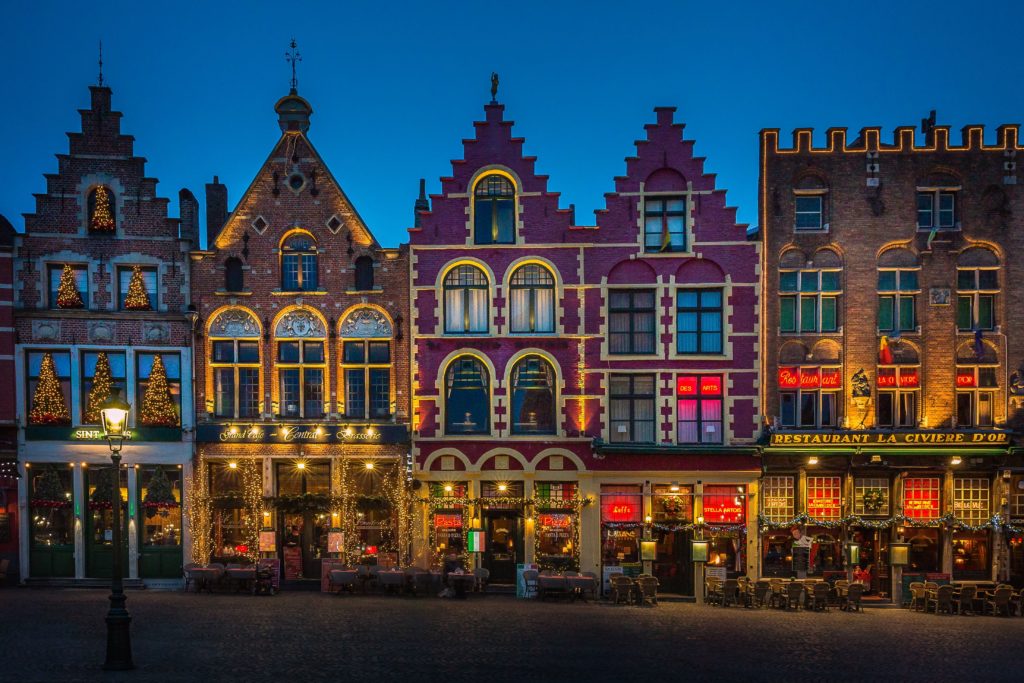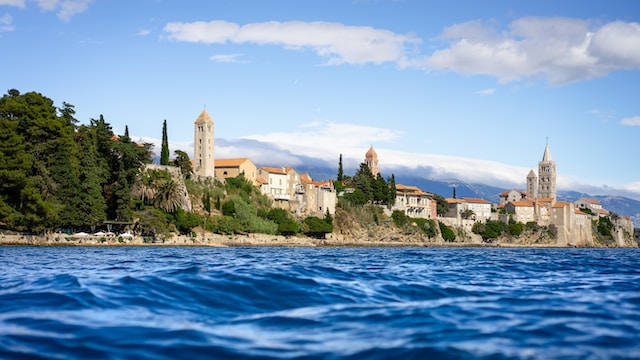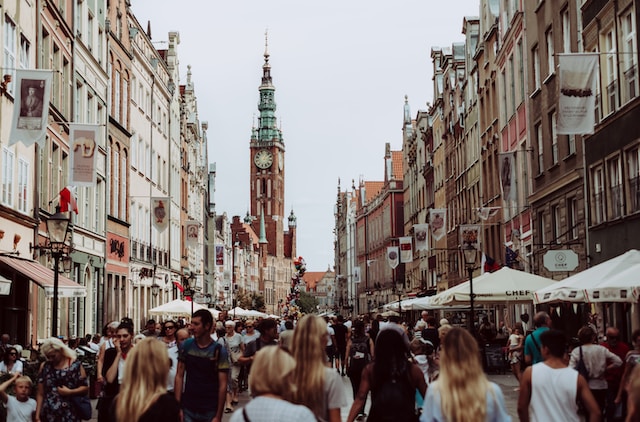The country’s location is such that it borders France, Belgium, and the Netherlands. The country has three predominant languages depending on the region; thus, the country is ruled by a trilingual constitution. The official language of the northern part of the country is Flemish, which is a similar language to Dutch, while the southern part speaks French officially, and there is a minority that speaks German. The country’s diversity is influenced by the three major countries it shares borders. Your experience in the country will be greatly influenced by the region in which you will live. the capital city Brussels is the only place where you can find the speakers of the three official languages. You need not worry though; you can choose to live in any of the regions and then learn the language.

If you are considering relocating to Belgium for your retirement, you should know a few things before moving.
Who needs a Visa to Belgium?
It is important to know whether you will require a visa to reside in Belgium or not depending on how long you choose to stay. Citizens from EU member states do not need a visa if they intend to stay for a short time. It is needful to register a stay that is going to extend beyond Ninety days. Non-EU citizens require a visa whether they are staying for a day or more, but for some non-EU countries, there is a visa waiver program for their citizens. Contact the nearest Belgian embassy in your country to find out if you require a visa and what type to apply for. If you are planning to retire in Belgium, you will need a long-stay visa, but there is no retirement visa. This means that to live in Belgium, you must apply for a temporary residence permit alongside a visa. Applying for a visa requires the provision of certain documents such as a valid passport, proof of sustenance in the country, proof of criminal record, proof of medical insurance, and others. Make sure to get all the required documents ready before the application process is finalized.
Arrival
After arriving in Belgium, foreigners are expected to register themselves with the city hall in their place of residence within eight days. Upon your entry into the country, you should make sure your passport is stamped by the immigration officers at the airport. After registering with the city hall, you will receive a registration identity in form of an electronic card that will grant you access to travel in and out of the country as a legal resident. The card serves as an identity card, certificate of inscription, and a residency permit. However, this is only a temporary residence. For permanent residency, you must obtain a permanent permit. This requires an ex-pat to have been a resident of the country for five years without leaving. If you are on a Schengen visa, you can visit any of the 26 countries within your period of stay.
Living
There are millions of ex-pats in Belgium working as international diplomats, employees at multiple international organizations, politicians, etc. since the capital city Brussels is one of the EU capitals, the country is open to foreigners from across the globe. Belgium is one of the safest places in Europe to live.
Healthcare
Offering an excellent health care system to all its residents, health insurance is compulsory. However, since not all medical expenses are covered by the insurance, most people buy private health insurance as a supplement to pay for additional costs. Running both public and private healthcare, all hospitals in Belgium offer quality services to their patients, with a public hospital in almost every city. You will receive similar medical care if you choose to go to a state or private hospital. Remember to always take your social security identity card with you to the hospital on every visit.
Housing
Accommodations are always up for rent in Belgium. You will find advertisements in newspapers and online sites. Most apartments require up to a three-month deposit as an initial payment, so if you don’t have a place to stay on arrival, you should book a hotel before traveling and then find an apartment while in Belgium. It is always cheaper to get accommodation when compared with other European countries
Cost of living
If you choose to live in a major city such as Brussels, the cost of living is higher than in other cities. The standard of living is comparatively lower; needless to say, you will spend more on recurrent budget items. Although, your cost of living will be determined by how and where you choose to live.




